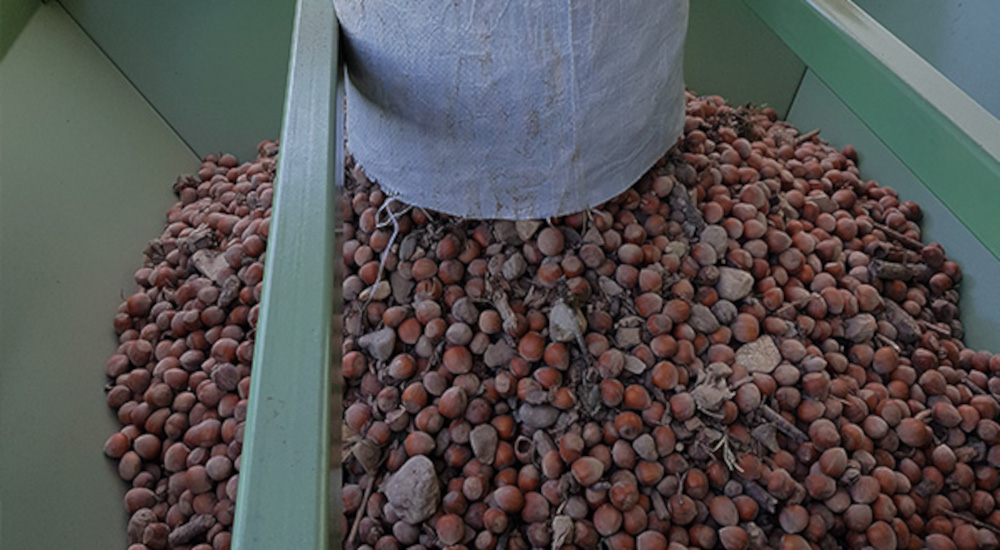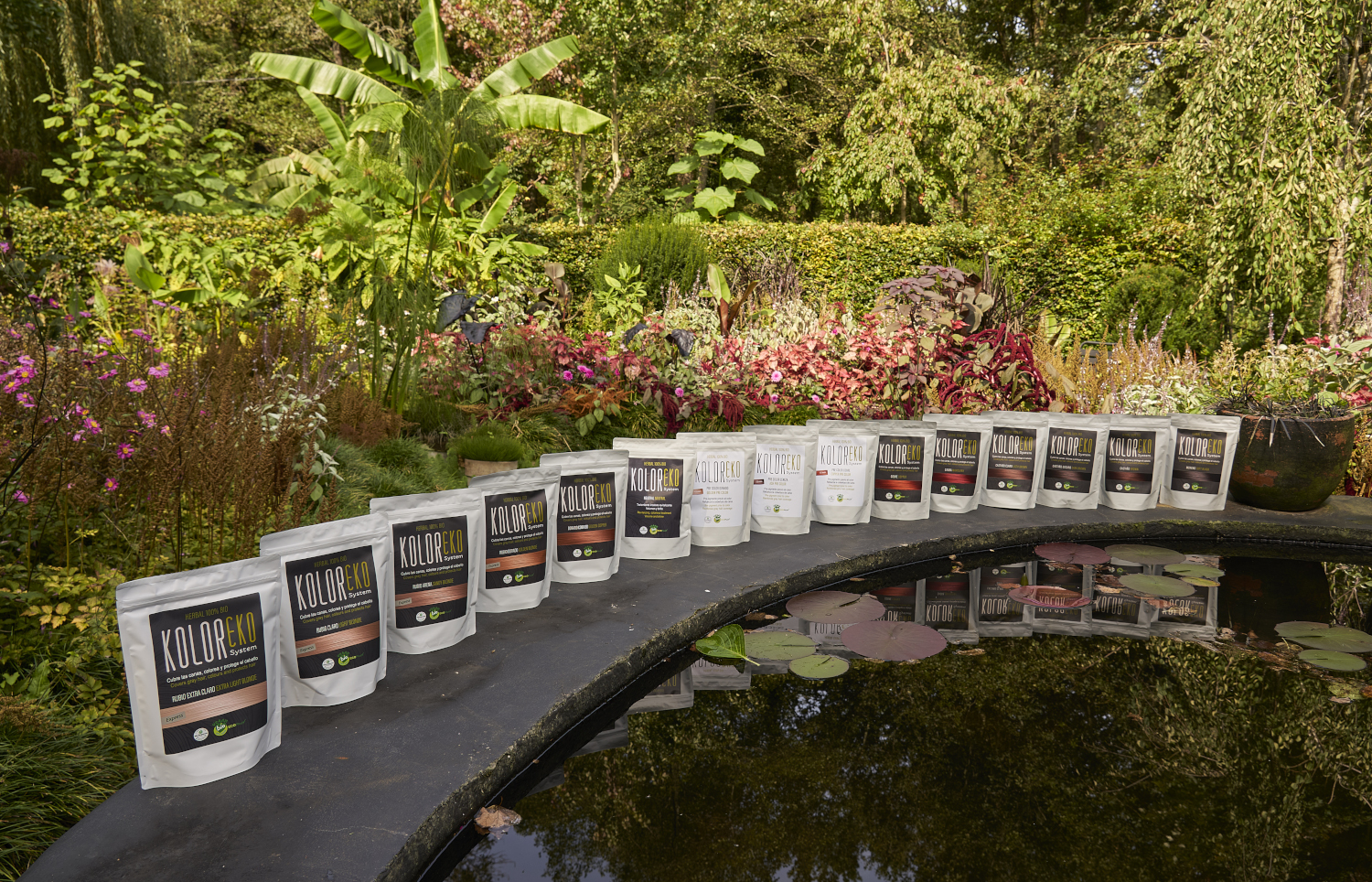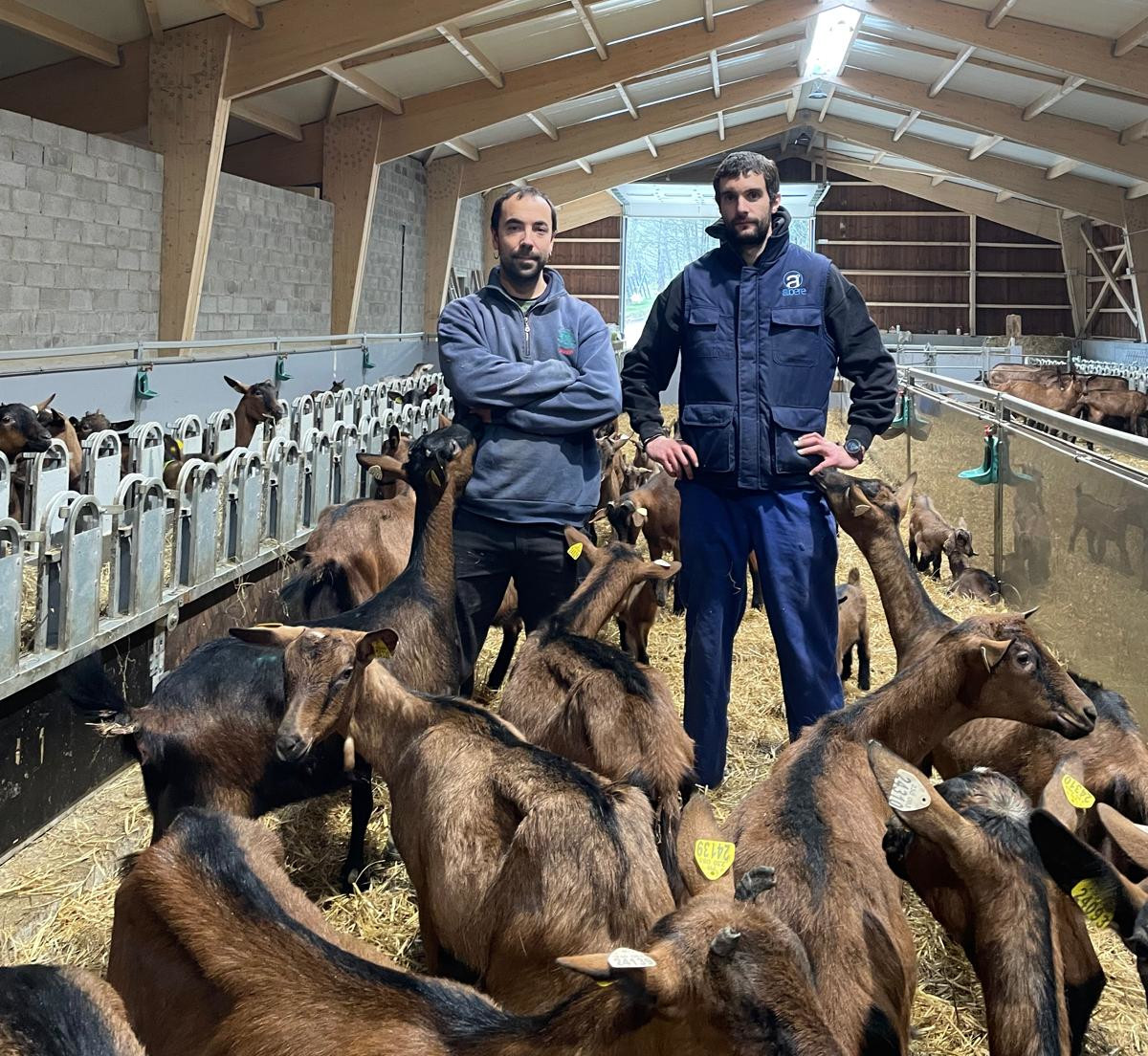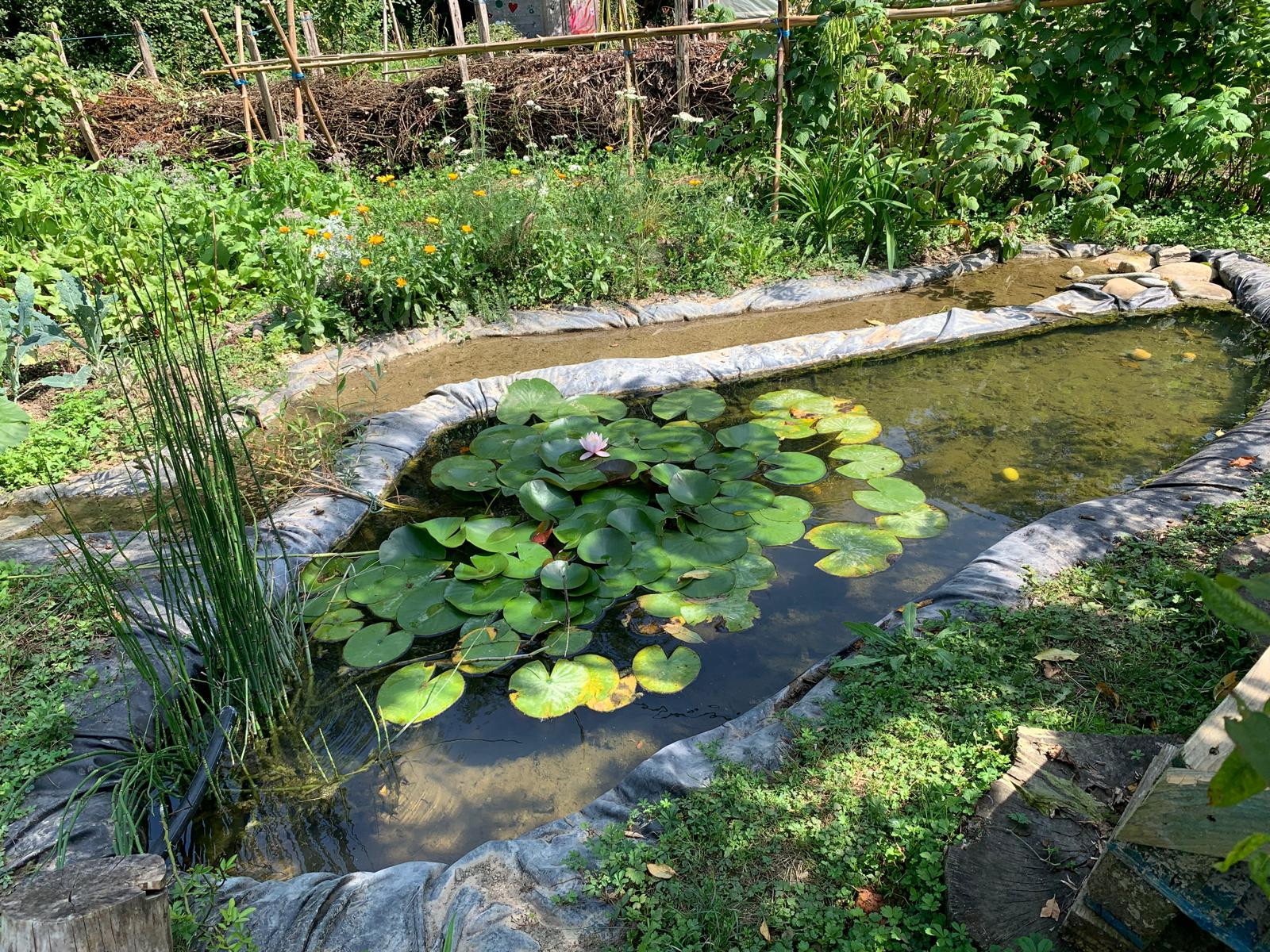Hazelnut oil and other products on senpean land
- Errota is an initiative created by Vincent Trebesses, a special project that produces and transforms the hazelnuts of Senpere. In 2008 he launched the hazelnut oil mill in his home in Ziburu. Hazelnuts were bought from the outside, but gradually it deepened the project and in 2015 it went from transforming them to producing. “After several years searching for land, we bought this plot in Senpere and at that time I became also a crop,” he says. During these years they have been trying and experimenting, offering the hazelnut in countless ways: oil, cream, powder, soap...

In 2015, 1,200 hazelnuts were planted on a three-hectare plot in Senper. “We are talking about organic production, something unusual, as the evil Balanín can produce 90% of the harvest and at the moment no ecological treatment is known,” he explains. Since the environment in which the plantations were carried out was a place with high biodiversity, the objective of the producer was not to harm it, so he decided to act in biological terms: “I’m also trying to bring that biodiversity to the highest level to fight off the swine bugs, favoring the predators of the bugs.”
They have not yet produced enough hazelnuts in the mill and are cooperating with other producers, although some of them produce conventional hazelnuts. Looking ahead, Trebesses is creating networks to strengthen the hazelnut production sector in the Pyrenees Atlantiques department.

Made with nearby ingredients
Hazelnut oil is the main product of the mill and all the processing is carried out in the Senpere almazara. “We collect, clean, dry, calibrate and crush the hazelnuts with the machines. To make a liter of oil, for example, we need 25 kilos of hazelnuts.” They use a process similar to that of olive oil, do not use heat during processing and the result is a fine and soft product. “This oil is suitable for both food and cosmetics,” he adds.
We will also find other products for sale on the Senpere website and on the internet store. “I make oil, cream and dust, but in the case of other products, such as cosmetics, I do them in collaboration with a small Baiona company with the same values.” They want the raw materials they use in these products to be close: “Honey is from beekeepers of Ziburu and Azkain, we also bring from Salies the salt flower we use for a sizing with hazelnut powder…”. Trebessese organizes visits in the area and on the plot, where most of the sale is attempted directly. He also works with some cooks, pastry shops and small shops.

Duela lau urte abiatu zuten Azpeitian Enkarguk proiektua, Udalaren, Urkome Landa Garapen Elkartearen eta Azpeitiako eta Gipuzkoako merkatari txikien elkarteen artean. “Orain proiektua bigarren fasera eraman dugu, eta Azkoitian sortu dugu antzeko egitasmoa, bere izenarekin:... [+]
Donostiako Amara auzoko Izko ileapaindegi ekologikoak 40 urte bete berri ditu. Familia-enpresa txikia da, eta hasieratik izan zuten sortzaileek ile-apainketan erabiltzen ziren produktuekiko kezka. “Erabiltzaileen azalarentzat oso bortzitzak dira produktu gehienak, baina... [+]
Ubidekoak (Bizkaia) dira Imanol Iturriotz eta Aritz Bengoa gazteak. “Lagunak gara txikitatik, eta beti izan dugu buruan abeltzaintza proiektu bat martxan jartzeko ideia”, azaldu du Iturriotzek. Nekazaritzari lotutako ikasketak izan ez arren, baserri munduarekin eta... [+]
Iruñean bizi ziren Iñaki Zoko Lamarka eta Andoni Arizkuren Eseberri gazteak, baina familiaren herriarekin, Otsagabiarekin, lotura estua zuten biek betidanik. “Lehen, asteburuetan eta udan etortzen ginen eta duela urte batzuk bizitzera etorri ginen”, dio... [+]
Gipuzkoako hamaika txokotatik gerturatutako hamarka lagun elkartu ziren otsailaren 23an Amillubiko lehen auzo(p)lanera. Biolur elkarteak bultzatutako proiektu kolektiboa da Amillubi, agroekologian sakontzeko eta Gipuzkoako etorkizuneko elikadura erronkei heltzeko asmoz Zestoako... [+]
Emakume bakoitzaren errelatotik abiatuta, lurrari eta elikadurari buruzko jakituria kolektibizatu eta sukaldeko iruditegia irauli nahi ditu Ziminttere proiektuak, mahai baten bueltan, sukaldean bertan eta elikagaiak eskutan darabiltzaten bitartean.





















